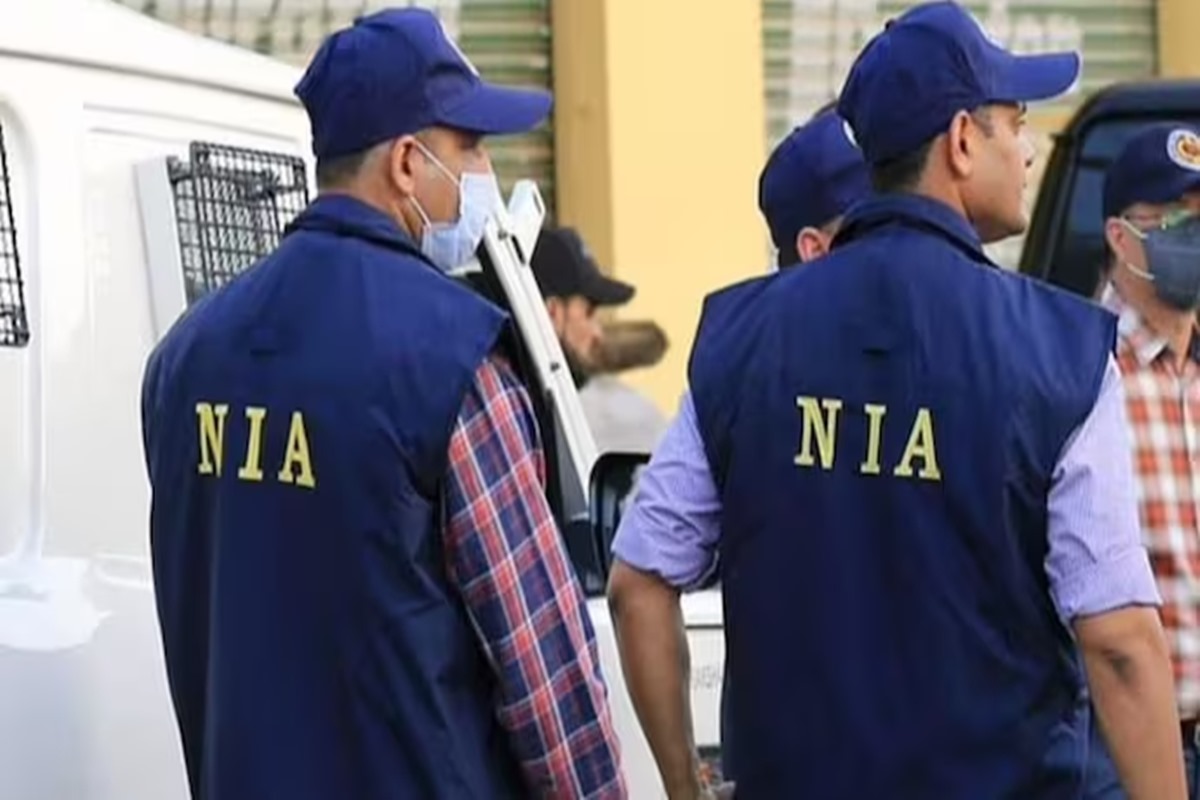Manipur hostage killing handed over to NIA: CM Biren Singh
Manipur Chief Minister N Biren Singh on Friday confirmed that the case involving the killing of six hostages in Jiribam has been handed over to the National Investigation Agency (NIA).
The case filed against Sikh separatist leader Gurpatwant Singh Pannun by the National Investigative Agency (NIA) adds another thread to the ongoing saga of regional tensions.

Representational Image
The case filed against Sikh separatist leader Gurpatwant Singh Pannun by the National Investigative Agency (NIA) adds another thread to the ongoing saga of regional tensions. Pannun, associated with Sikhs for Justice (SFJ), is accused of threatening Air India’s global operations, citing danger to passengers’ lives. This incident sheds light on the persisting challenges India faces in reconciling its diverse cultural and religious identities. The NIA’s response, invoking the Unlawful Activities (Prevention) Act and the Indian Penal Code, reflects the gravity with which India regards such threats. The move comes after the 2019 ban on SFJ as an “unlawful association” and the subsequent designation of Pannun as an “individual terrorist” in 2020.
The legal measures underscore India’s commitment to national security but also raise questions about the effectiveness of international cooperation in addressing such transnational threats. Pannun, a resident of the United States with reported dual citizenship in Canada, exemplifies the challenges posed by the global reach of such movements. SFJ, with offices in Britain, Canada and the United States, operates beyond India’s borders, making it a complex entity to contain. Interpol’s rejection of requests for a red corner notice against Pannun further highlights the limitations of international mechanisms in dealing with individuals associated with separatist ideologies.
The resurfacing of demands for Khalistan reflects historical tensions. While the movement holds little sway within India today, it remains a symbolic challenge to the nation’s unity. The violent movement in the 1980s paralysed Punjab, leaving a lasting impact on the region’s socio-political fabric. Air India, historically entangled in the complexities of the separatist movement, now finds itself again in the crosshairs of such threats. The 1985 bombing of an Air India Boeing 747, attributed to these very militants, resulted in the tragic loss of 329 lives. The recent warnings by Pannun resurrect memories of that dark chapter, highlighting the enduring nature of security concerns faced by the now privately-owned national carrier.
Advertisement
The international dimension of this issue becomes more pronounced as investigations span multiple countries, including Canada. Allegations linking Indian government agents to the killing of a Sikh separatist leader in June have strained ties between the two nations. The interplay of diplomatic relations, accusations, and counterclaims underscores the intricate web of global politics in addressing issues of sovereignty and security. While the demand for Khalistan may not resonate within India today, fostering dialogue and understanding with stakeholder nations like Canada, USA and Britain can contribute to a more harmonious future.
In navigating these turbulent skies, India faces the delicate task of safeguarding its national interests while embracing the principles of pluralism that define its identity. The Pannun case serves as a reminder that the pursuit of national security must be balanced with a commitment to upholding the values that make India a vibrant and diverse democracy. Furthermore, it reveals how duplicitous Western nations can be on matters that concern India’s security interests.
Advertisement